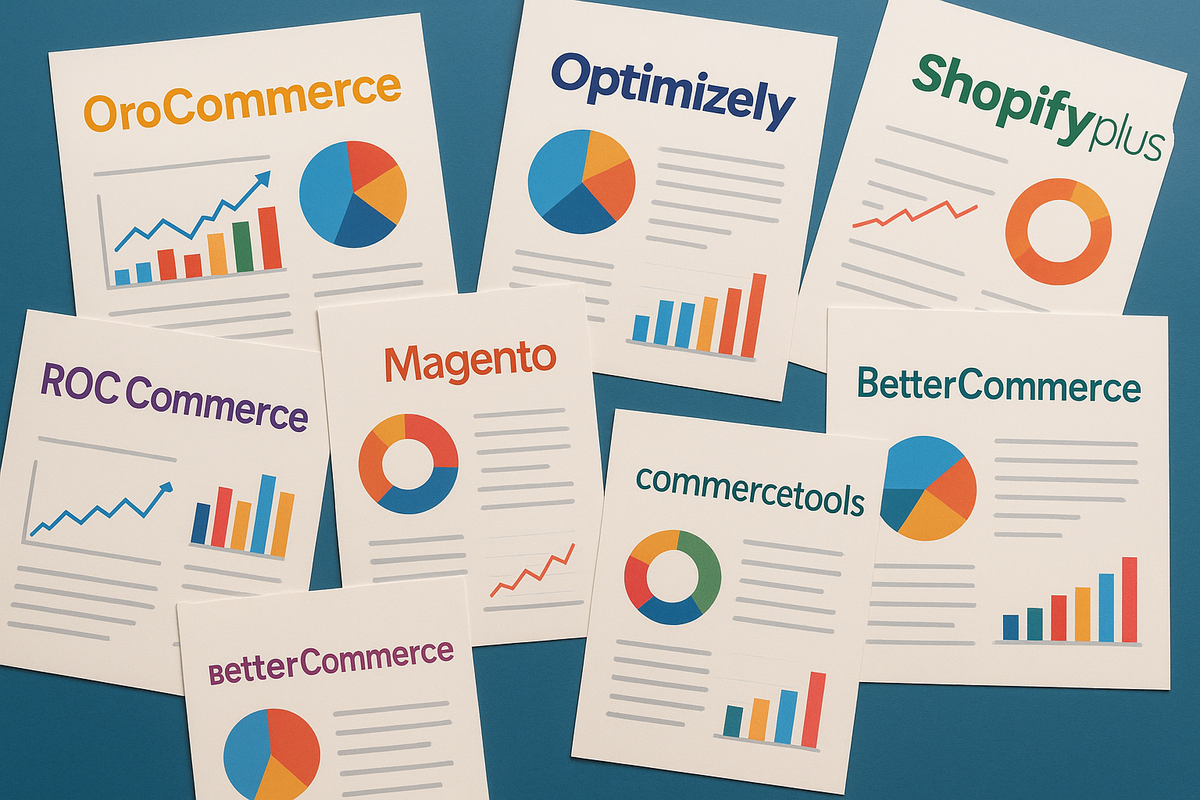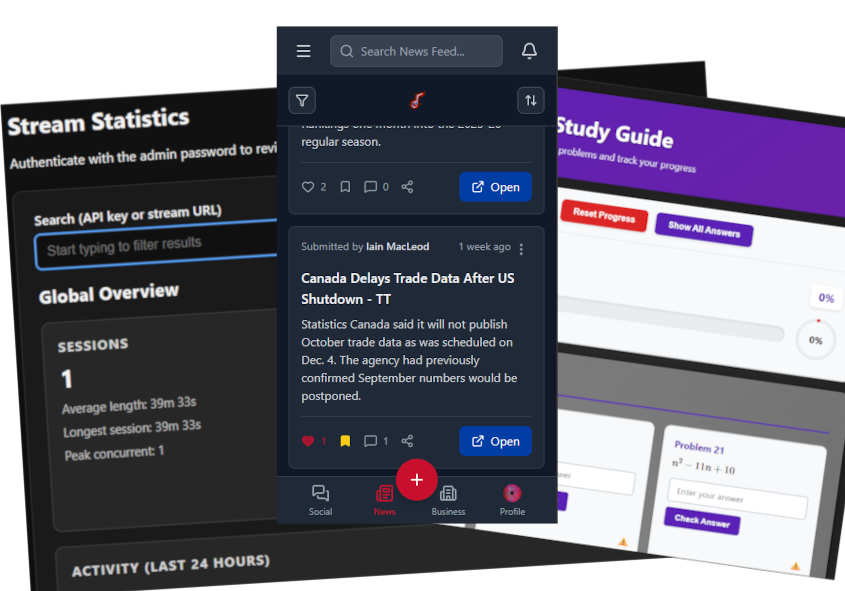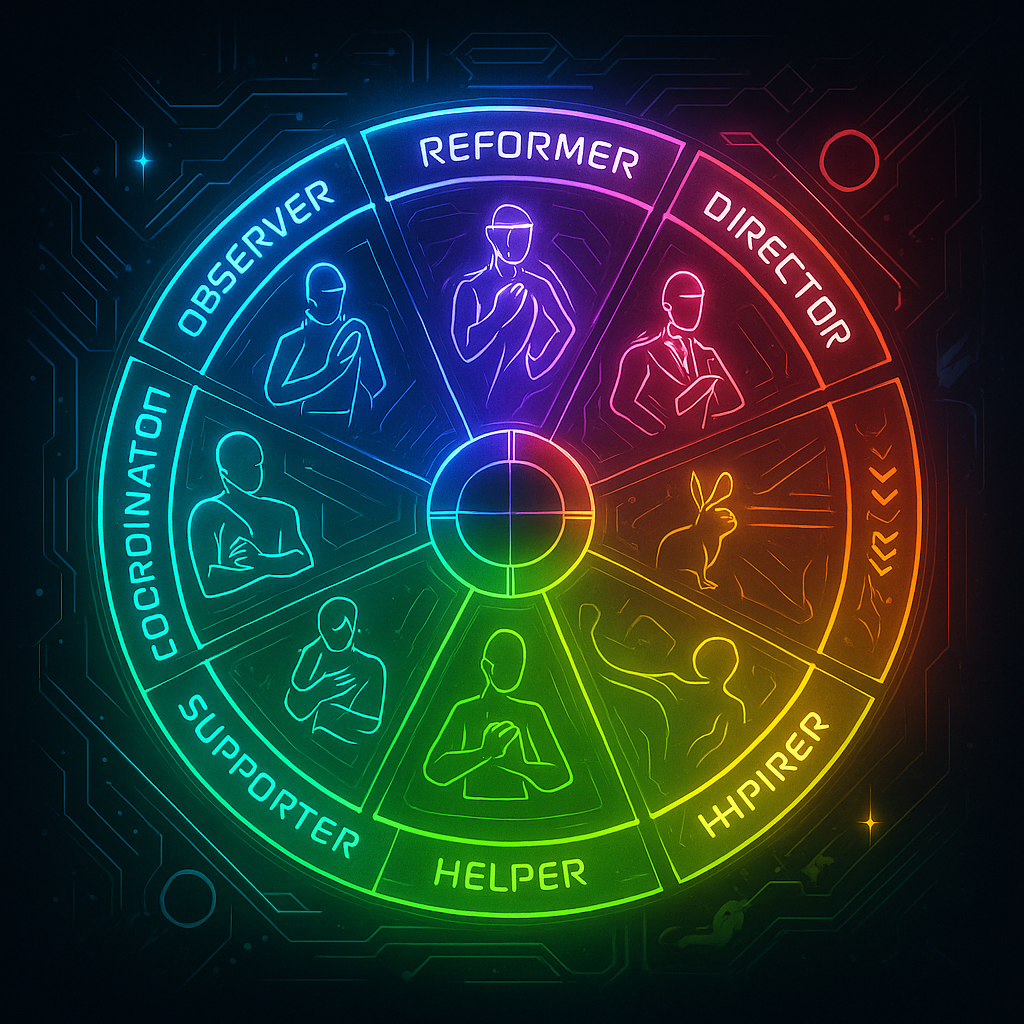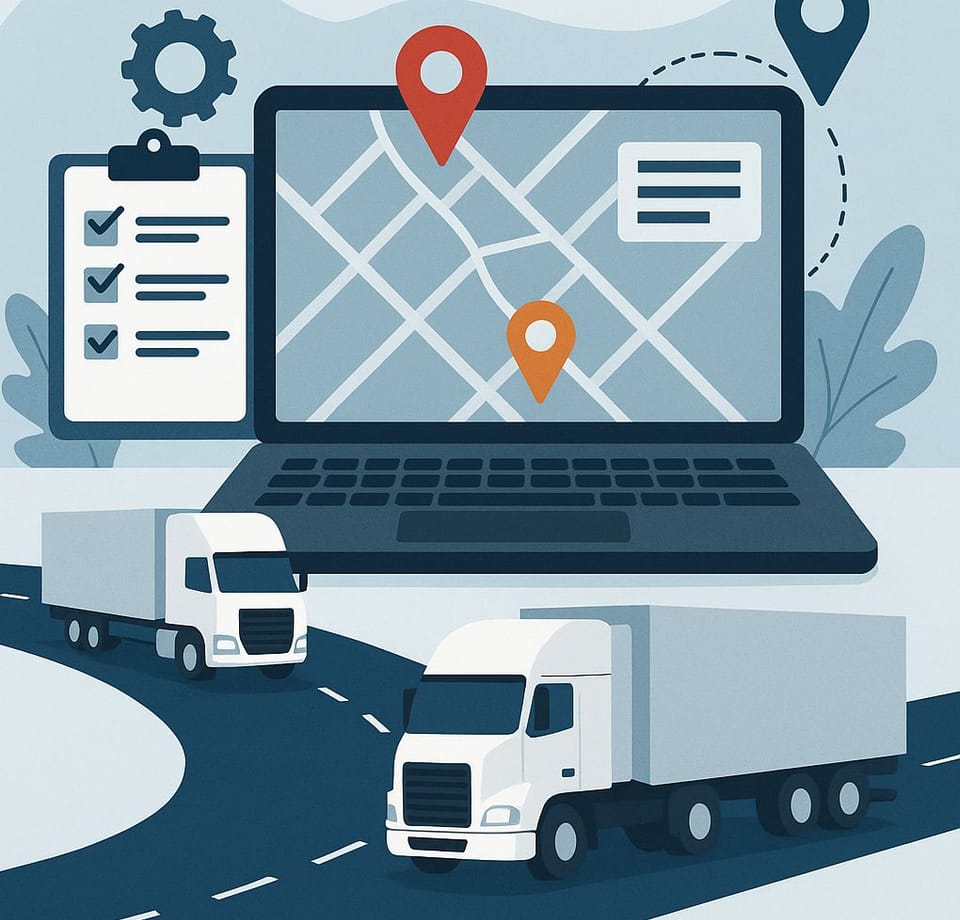E-commerce Options for SMBs
Choosing an e-commerce solution for your business, what should you look for in a vendor? A review of some important topics for your business to consider while navigating the options in the B2B e-commerce space.

Over the last several months I have been investigating options for an e-commerce provider for a construction material supply company, this was a deep dive into 11 vendors all specifically with solutions in the B2B e-commerce space. The vendors where identified based on their B2B offering, overall fit for the project based on the size of the company in question, and the technical requirements for implementation, management, and maintenance.
B2B versus B2C/DTC
B2B e-commerce solutions differ slightly from B2C, with the main areas of divergence being: payments, pricing/quoting, and account structure.
B2B customers typically look for account credit, payment terms, and the ability to process invoices using ACH. Additionally, they may have needs for a structured user hierarchy for their staff: buyers, shoppers, and admins. B2B customers want competitive pricing based on volume purchasing, or tiered rates based on the business they provide.
B2C customers typically have a more streamlined approach, looking for simplified checkout experiences using credit cards, or payment gateways like PayPal or Stripe. Obviously, just like any buyer they are interested in discounts and benefits - but typically wont generate the revenue, and therefore reward, that a B2B customer will provide.
Choosing and E-Commerce Provider
B2B E-commerce is a growing space with huge potential for anyone offering solutions, B2C providers are clamoring to offer B2B variants of their solutions to capture this growing market. Small businesses are seeing customers desiring the flexibility of online purchasing, they want the same ease and experience in the business purchases that they are used to with their personal purchases. Customers want to be able to log in and quickly reorder items, build out lists/carts for potential projects, request quotes on orders they are considering, compare product variants and alternatives, check order history and outstanding invoices.
The value in B2B e-commerce is not to reduce your sales team, but to augment them, allow them to find new business and grow current partnerships to be stronger. The promise of B2B e-commerce is to help automate your sales cycle, from ordering to invoicing.
Choosing the correct provider for your business can be difficult, there are several options available and key consideration when making a decision:
- Internal team technical capabilities.
- SaaS versus Self-hosting.
- B2B versus B2C, or a combination.
- Integration requirements; ERP, PIM, AP.
- Special saless requirements: guns, hazardous materials, rentals.
- Third-party support: taxes, shipping, payment gateway, fraud prevention.
- Marketplace out requirements: Google, Target, Walmart, Amazon, etc.
- Current solutions and partnerships
Maybe you are a small team with limited capabilities and you are looking for as much native functionality as possible. Possible you are a more technical team, willing to host, implement, and integrate yourself. Potentially you have existing partnerships who also offer an e-commerce platform that will tie into your ecosystem.
There are several considerations before any final decision should be made, and it's this process of evaluation and discovery that is critical to making the right choice. But how do you conduct this analysis? There are services out there that can aid in "automating" this process, you could define a role internally to take on this job, or you could hire a consultant like myself who has existing experience and relationships in this arena.
B2B E-commerce Players
Several providers are available to the buyer, and there are more and more entering this "emerging" market - the question is, which one is the right fit for your goals? The following sub-sections cover a few that I have taken the time to investigate.
Players with Established Experience in B2C

Shopify Plus - Shopify has long dominated the B2C ecommerce space, offering a vast ecosystem of third-party integrations that simplify partnerships and extend platform functionality. Shopify Plus builds on this strong consumer commerce foundation to address B2B needs, though at present, there are some limitations for B2B users, such as restricted SKU support and the absence of customer impersonation features for sales staff.

Adobe Commerce - Adobe Commerce, built on Magento v2, leverages Magento’s open-source roots for extensibility via third-party extensions (with Adobe’s variant requiring certified add-ons). Adobe’s acquisition of Magento allowed the company to expand from its legacy in content creation and marketing into full-scale digital commerce, targeting both B2C and B2B transactions with a robust, customizable platform.

ROC Commerce - Developed by Americaneagle.com, ROC Commerce benefits from its parent company’s deep experience in both B2B and B2C ecommerce implementations. This dual expertise is reflected in ROC Commerce’s ability to support complex business requirements across both segments, providing a unified platform for diverse digital commerce needs.
Omnichannel and Flexible Commerce Platforms

BigCommerce - BigCommerce is an open SaaS, composable ecommerce platform that serves both B2C and B2B brands. While not exclusively B2B from inception, BigCommerce has rapidly expanded its B2B capabilities with features like its B2B Edition, custom pricing, bulk ordering, and robust integrations. Its open-source B2B Edition Buyer Portal empowers enterprise users with deep customization and workflow control, making it a strong choice for businesses operating across both B2B and B2C channels.

BetterCommerce - BetterCommerce offers a comprehensive suite of ecommerce features designed to support both B2B and B2C operations. Its platform includes advanced catalog management, bulk ordering, multi-channel management, and deep integration capabilities, making it suitable for businesses seeking flexibility and scalability in their digital commerce operations.

Optimizely - Optimizely Commerce Cloud is designed to enable sophisticated digital shopping and customer experience management for both B2C and B2B. The platform offers separate solutions tailored to each segment, with advanced personalization, content management, and analytics tools for B2C, and robust workflow and integration features for B2B scenarios.
Highly Customizable and API-Driven Solutions

VTEX - VTEX is known for its native omnichannel support and customizable checkout experiences. Its platform allows for deep UI and workflow customization, making it a favorite for businesses that require a tailored commerce experience across multiple channels. VTEX is a Brazilian based company and has a large presence in South American B2B e-commerce solutions, however they have a multi-lingual solution even if some of their more nuanced documentation may not be fully translated.

OroCommerce - OroCommerce was purpose-built for B2B ecommerce from the start, offering out-of-the-box features such as corporate account management, unique price books, buyer-specific catalogs, CPQ processes, and custom workflows. Its open-source foundation and built-in CRM make it especially appealing to mid-market and enterprise B2B companies seeking extensibility.

commercetools - commercetools is a headless, API-first commerce platform that enables businesses to build custom digital commerce experiences. Its flexible microservices architecture supports omnichannel retail, seamless CMS integration, and rapid scalability, making it ideal for enterprises with complex or unique requirements. commertools does require quite a bit of configuration and customization, but that is part of its appeal to it's customer, they do offer a Foundation variant that comes with a standard front-end for quicker implementation, however this would most likely need tweaked for your own personal branding.
Summary
This was just a brief overview of some of the players and considerations when stepping into the B2B e-commerce space, there is much more to delve into such as third-party integrations, payment gateway solutions, and most importantly System Integrators you will work with for implementation and integration requirements.
If you like my content, and want to see more, feel free to subscribe to stay up to date and receive emails when new content is published!



